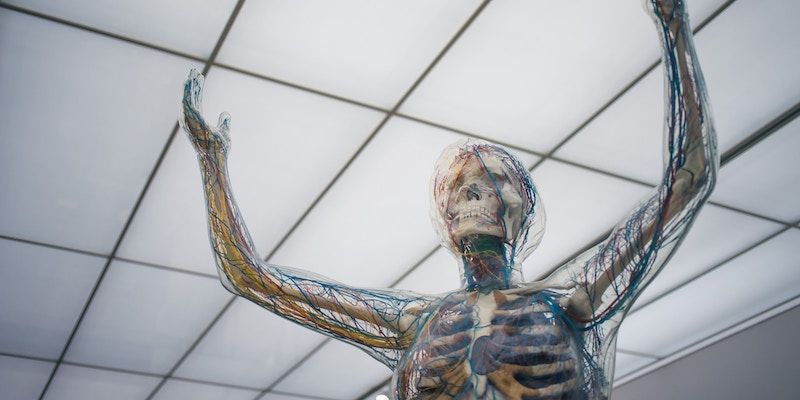Developmental psychology is a branch of psychology that focuses on how humans grow and develop over their lifespan. It is a fascinating field that explores the physical, cognitive, and emotional changes that occur from infancy to old age. In this article, we will take a closer look at some of the key theories, stages, and research in developmental psychology.
Theories of Developmental Psychology
There are several prominent theories in developmental psychology that help explain how individuals grow and change over time. One of the most well-known theories is Piaget’s theory of cognitive development. According to Piaget, children go through four stages of cognitive development: sensorimotor, preoperational, concrete operational, and formal operational. Each stage is characterized by different ways of thinking and understanding the world.
Another important theory is Erikson’s theory of psychosocial development. According to Erikson, individuals go through eight stages of psychosocial development, each characterized by a different crisis or challenge that must be resolved. For example, in the trust vs. mistrust stage, infants learn to trust their caregivers, while in the intimacy vs. isolation stage, young adults focus on forming intimate relationships.
Stages of Development
Developmental psychologists often study various stages of human development, which can be broadly categorized into infancy, childhood, adolescence, adulthood, and old age. During infancy, children learn to crawl, walk, and talk, and form attachments to their caregivers. In childhood, individuals develop social skills, learn to read and write, and form relationships with peers.
Adolescence is a period of rapid physical, cognitive, and emotional changes, as teenagers navigate identity formation and peer relationships. Adulthood is a time of further growth and development, as individuals establish careers, form families, and confront midlife challenges. Finally, old age is a time of reflection and adjustment, as individuals face the challenges of aging and retirement.
Research in Developmental Psychology
Developmental psychologists conduct research to better understand the factors that influence human development. This research often takes the form of longitudinal studies, which follow individuals over an extended period of time to observe changes and continuity in development. For example, researchers may study how parenting styles influence children’s social development or how early experiences impact adult mental health.
Developmental psychologists also study developmental milestones, which are key achievements that individuals typically reach at certain ages. These milestones can include learning to walk, talk, read, write, and form relationships. By understanding these milestones, psychologists can better support individuals’ growth and development.
In conclusion, developmental psychology is a diverse and fascinating field that explores how humans grow and change over their lifespan. By studying key theories, stages, and research in developmental psychology, we can gain a deeper understanding of the factors that shape human development and behavior. Whether you are interested in child development, adolescent psychology, or gerontology, there is a wealth of knowledge to be gained from studying developmental psychology.



